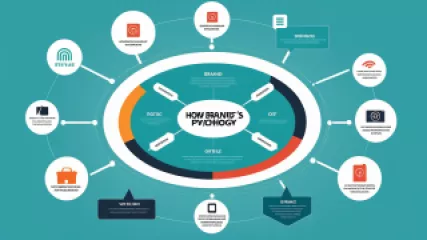Navigating Bipolar Disorder: A Step-by-Step Guide to Online Counseling
vor 1 Jahr
Bipolare Störung
10 Stress-Busting Activities to Try Today
vor 1 Jahr
Stressabbau-Aktivitäten
How Brands Influence Consumer Psychology: A Step-by-Step Guide
vor 1 Jahr
Markenpsychologie
How can financial distress therapy help in managing financial stress?
vor 1 Jahr
Finanziellen Stress bewältigen
Exploring the Impact of Laughter on Mental Health
vor 1 Jahr
Psychologie des Lachens
Research Findings on Peaceful Activities for Stress Relief
vor 1 Jahr
Stressabbau-Aktivitäten
Fostering Emotional Intelligence in Children Through Positive Parenting
vor 1 Jahr
Positives Erziehen
Exploring Alternative Therapies: The Ultimate Guide to Well-Being Therapy Sessions
vor 1 Jahr
Alternative Therapien
Top 10 Strategies to Boost Your Self-Esteem
vor 1 Jahr
Verständnis von Selbstwertgefühl
How can music therapy benefit creativity?
vor 1 Jahr
Vorteile der Musiktherapie
Behind the Brand: A Psychologist's Insight
vor 1 Jahr
Markenpsychologie
Why Positive Parenting is Essential for Child Development
vor 1 Jahr
Positives Erziehen
Insights from a Music Therapist: Stress Relief Benefits
vor 1 Jahr
Vorteile der Musiktherapie
Top 10 Strategies for Money Management Therapy to Alleviate Financial Stress
vor 1 Jahr
Finanziellen Stress bewältigen
How Can You Help Children Control Their Anger?
vor 1 Jahr
Umgang mit Wut bei Kindern















